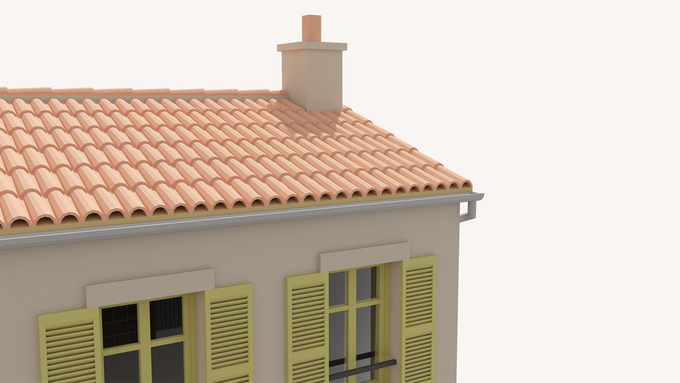At first glance the Kickstarter campaign for TarteUp’s game, Sandbox looks reasonably solid. It has a trailer, plenty of photos and information, and even a full budget breakdown. It’s the level of completeness more campaigns should strive towards. There’s just one problem, Sandbox isn’t actually a game.
The idea behind Sandbox is to give players the freedom to utilize voxels for building. There’s no open world or survival elements, just pure construction, which is, fine in of itself. Certainly no reason to write the project off as not a game when walking sims and kinetic novels meet the bar to entry. No, the problem is that Sandbox is design software masquerading as a video game.
Rather than a world to explore and bend to their will, “players” are given pre-sized building plots. Here they can create elaborate dioramas of city blocks with an emphasis on realistic lighting. It’s this emphasis on light as a supposed game mechanic that clues us into the project’s true purpose. A purpose which the developers helpfully explain themselves.
“The goal is to get as close as possible to real light, in the hope of becoming more than just a building game, but an architectural tool.”
Things get even more nebulous once talk of monthly subscription fees crop up later in the campaign. Not only are TarteUp asking backers to give them $163,952 through crowdfunding, they want them to keep paying long after the campaign has ended.
To be clear, there is no multiplayer aspect to Sandbox. Players can’t get together and build massive cities. The closest they can get is uploading their creations to a website for others to use. Suddenly, this is less Minecraft and more Sketch-up, but with a subscription.
Round Peg Meets Square Hole
All of this would be fine if Sandbox was being pushed as a design tool for architecture students. There are plenty of professionals and hobbyists that may find value in this type of software. Sadly, none of them will see it because it wasn’t marketed to them. Instead it will quietly fail to reach funding trying to be a video game.
One of the first steps of marketing any product is to identify your target audience. Sandbox clearly missed the mark.






